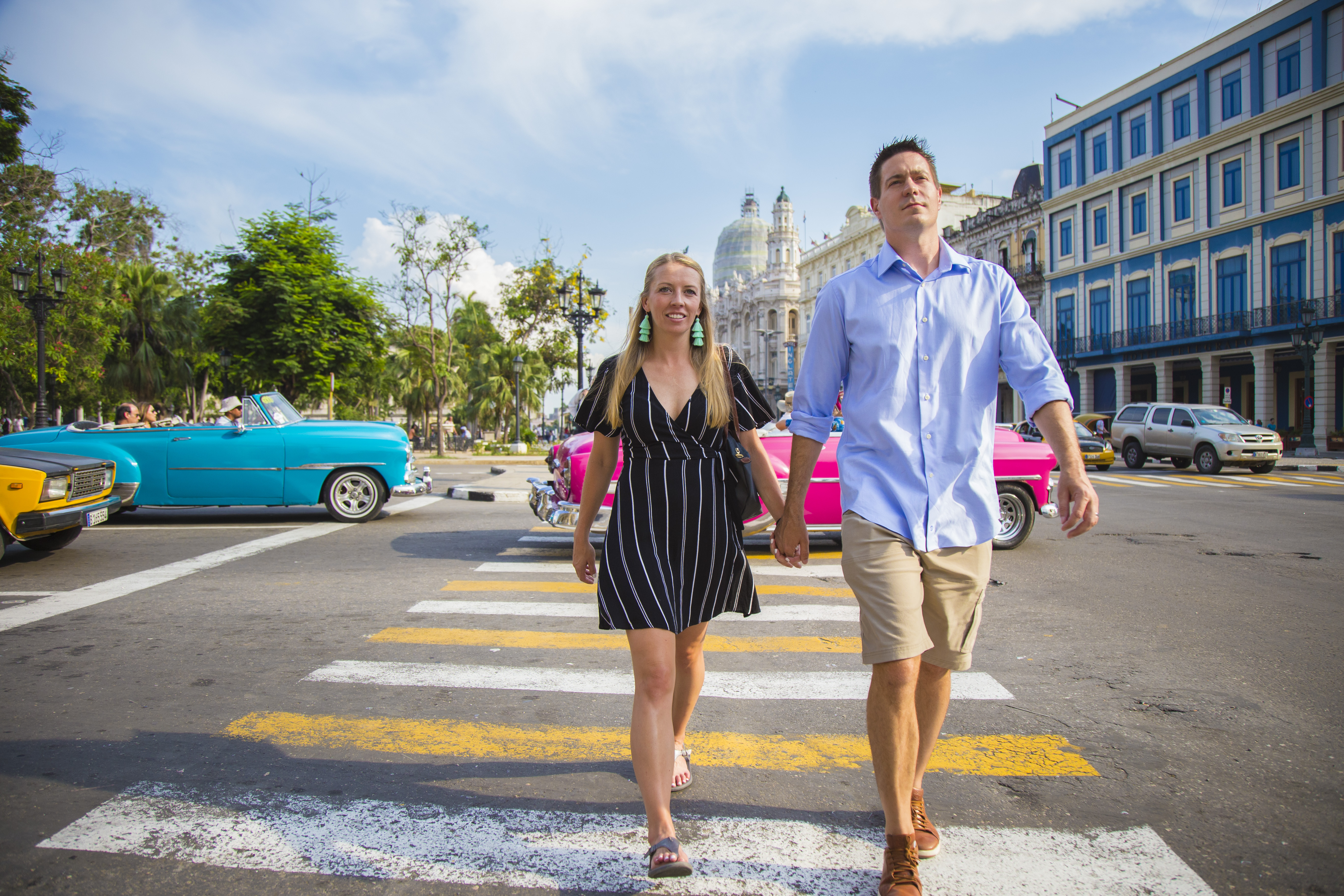Humans are basically bigots. Or as Doctor Cox says, people are bastard coated bastards with bastard filling. We judge and categorize people all the time. When you walk into a room, you’re immediately judged on your looks, dress, walk, appearance, indicated social/economic standing, etc. And you do it to: that guy looks like a lawyer, that girl is attractive, that dude looks mean.

In the USA I’m part of the majority: white and English speaking. While traveling abroad, I’m typically a minority in either/both ethnicity or language. In those cases, the locals often upcharge me just based on the fact that I’m an obvious foreigner. I call this the “white man tax”.
First, a little background on the assumptions we all make every day.
Categorizing people saves a ton of time and it’s mostly useful. The issue is that it often crosses the line and is unfair, incorrect, and/or detrimental. When it happens that your assumptions were wrong, you have to reevaluate. That’s the step that true bigots miss. For example, I can tell that the guy across from me is a hipster. He’s wearing the thick rimmed glasses, skinny jeans, nice watch, and leather shoes. I can guarantee he has an iPhone, Mac Air, drives a Hybrid/Diesel, has a liberal arts degree, votes democratic, posts pictures of his meals on Instagram, and reads pretentious garbage like the Atlantic to appear smarter.
Why is categorizing him useful?
- We’re in Ecuador, so I know he’s not a local.
- Since he’s not a local, I’d try communicating with English before my terrible Spanish.
- He’s also a traveler, so I could ask what he’s done here for price and quality comparisons.
- His background is similar to mine, so I would tend to believe his recommendations would be good for me as well.
Why is categorizing him not useful?
- When I hear him speak, it’s obvious he’s a European (from Italy. I didn’t even know they had hipsters there!). So everything I stated above about his background is likely wrong. If he was from the US, it would have been pretty darn close. But that little bit of information I was missing caused me to suddenly become way off in my estimation of who he was. I have to reevaluate from the ground up and ditch my previous categorization.
What does any of this have to do with the white man tax?
We get categorized as tourists instantly while traveling. At 6’1″ and pale a ghost, I tower over and blind people from other countries. Alicia’s blonde hair is a beacon in a crowd of dark hair. It’s hard to blend in. A vendor or tout can spot us from a mile away. And when they do, there are going to be some common assumptions they make, almost all of which are usually correct:
- Here for a short time
- Has money to spend
- On vacation
- Unfamiliar with surroundings
- Doesn’t know the language
- Doesn’t know the prices of various goods/services
- Doesn’t know you personally nor could point you out to anyone else
Studies have shown that if humans can cheat the system with zero risk of getting caught, they will. So when a tout sees me, a tourist, this is what is going through his mind:
- This guy is a tourist
- This guy has money
- He has no idea what things actually cost, so I can just name a number
- He has no idea who I am, so it’s not like he can give me a bad reputation
- He’ll be gone in a day or two
So the touts just make up a number in their head, and the tourist pays it. It turns out that the touts’ categorization of the tourist was completely correct. When you look at it from their perspective, it makes perfect sense. If some goofball wants to travel halfway around the world and doesn’t bother knowing anything about anything, why not just charge them whatever?
This business practice occurs in the US, but in differnet places. In other countries it’s common to barter more for common goods. In the US it’s more common to barter for specialty goods. For example, the best business lesson I’ve ever received was from an old boss and business owner on the phone with a client. The client asked how much the product costs. My old boss replied: “How much do you have?”. The client replied that he had $80,000 this quarter, so can you guess how much the product costs? That was a real eye opener for me. If someone doesn’t know how much something costs and they aren’t concerned with getting the best deal, why not just make up a number?
Does the white man tax ever go away?
I like to ask expats this all the time, and they all say that No, It Doesn’t Go Away. Even when the expats are fluent in the language and have lived there forever, they still get upcharged just based on their ethnicity.
Maybe calling it the white man tax isn’t appropriate, as it happens to every ethnicity
While biking in Thailand, we got to talking with our tour guide about the local culture. He was resentful of Thai’s because very few people would hire him. He’s Chinese. The bike company is run by an American expat. The guide explained how the pricing system worked around Chiang Mai in terms of whiskey at a local club. Alicia and I would get charged 1000 baht ($35) for a bottle, he’d get charged 300 ($10), and Thai people would pay 200 ($7).
I thought this was weird and mostly a Thai phenomenon. Nope. In Peru going to Machu Picchu, there were three prices on the sign. One for foreigners, another for Peruvians, and another for town residents. On a lunch menu!
Some cultures are just notoriously racist. In Japan, there are signs saying “Japanese only” on some establishments. You can’t even get upcharged!
(Since I’m white and English speaking, I can’t comment on how people are categorized in Europe/Australia/US as I blend in. Feel free to comment on your experiences)
Dealing with getting upcharged
WALK AWAY. It’s the easiest and fastest way to cut through the bullshit. I promise you that someone else is offering the exact same thing and is very willing to take your money. Typically the person will lower their price the moment you start to physically turn.
Know beforehand roughly what things cost
Ask around on some forums about prices around the country. Some prices really are too low for them to accept, so get a good idea how much the basic things like food/drink/taxi/housing should roughly cost in each area. Recognize that different cities and even areas within cities can have price fluctuations.
Getting the absolute best deal isn’t always worth your time and energy
Haggling for 20 minutes over a price difference that will amount to a few dollars really isn’t worth it. While we were in Cusco, we were told that a cab from the airport to their place would be 10-15 pesos. The taxi drivers started us at 35, and we ended up paying 20 after a minute of holding firm. So instead of the cab ride costing $3-$4 USD, it cost $6 USD. Who cares? It was worth more to us to get to our destination and take a nap than go through 20 other cab drivers trying to save 2 stupid dollars.
And last, call them out on it. I’ve been upcharged when the sign above their head clearly states a lower price. Point to the sign, offer the amount it says, and they’ll relent.
Let’s call it the foreigner tax
If you travel to another country, it’s likely you’ll get charged the foreigner tax at some point. At the very least, you’ll get categorized in the locals’ minds. Don’t try to fight against it. It’ll just aggravate you. Instead, learn how to deal with it quickly and easily by walking away and/or ignoring it. People are not going to stop being bastard coated bastards with bastard filling any time soon.

